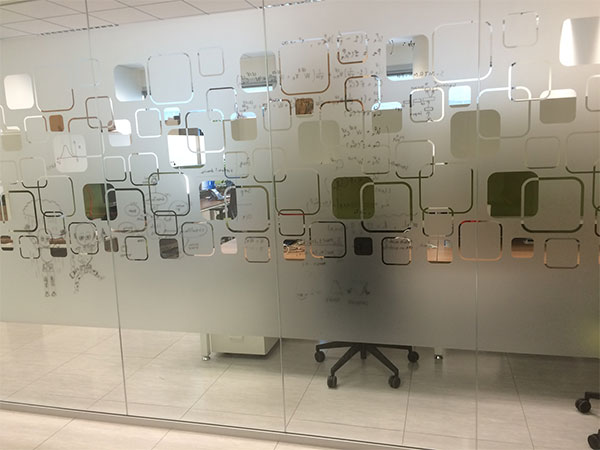Content of the study program
I visited the Italian Institute of Technology (IIT) in Genoa, Italy to conduct robotics research using neural networks and affordance. My experiments, which focused on human cognition and artificial intelligence, used iCub, a humanoid robot shaped like a child, which was developed by IIT.
Study results
I collected data about the motion of iCub while it pushed an object via the direct teaching approach. Direct teaching is a methodology in which a person teaches a robot how to move its arm or other body parts by directly moving the appropriate robot part. This methodology realizes the robot’s natural motion without describing the angle of each joint. To perform direct teaching, I developed software with the following three functions: (1) capture of the time-series data of the angle of each joint moved by a person; (2) playback of the captured data without guidance from a person; and (3) camera capture of video data of the object and the moved arm. Additionally, I used this software to collect actual data that will be used for future research on robots and affordance.

My experience abroad
I really appreciate the help provided not only by the laboratory members but also the people in Genoa. Most people in Genoa do not speak English. So, I learned easy expressions in Italian that are necessary to buy groceries such as meat and bread. On holidays, IIT was closed and I could not enter the laboratory. I took these opportunities to visit other cities in Italy such as Turin. I truly enjoyed the architecture style in Italy.

Influence on my future career
Prior to this experience, I did not have a definite plan on where I eventually wanted to work. However, I now realize that my English language skills are insufficient to work or conduct research abroad. Although I was able to communicate my thoughts with the help of conversational partners, I had difficulty understanding what they said. Like me, many of the researchers in international research environments are not native English speakers. Thus, it is necessary for me to understand spoken English without good pronunciation.


